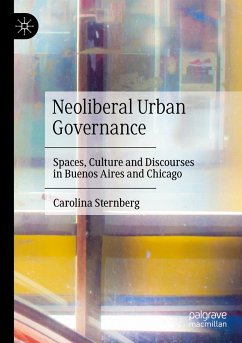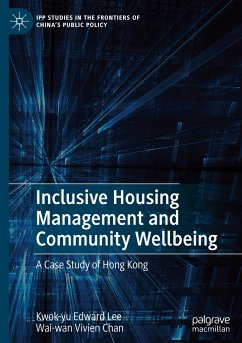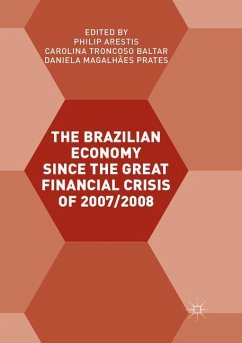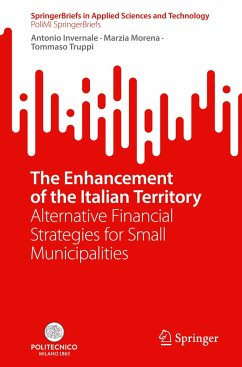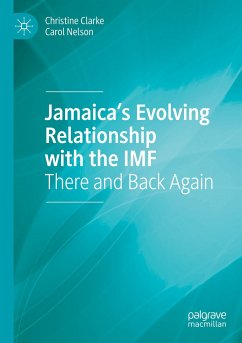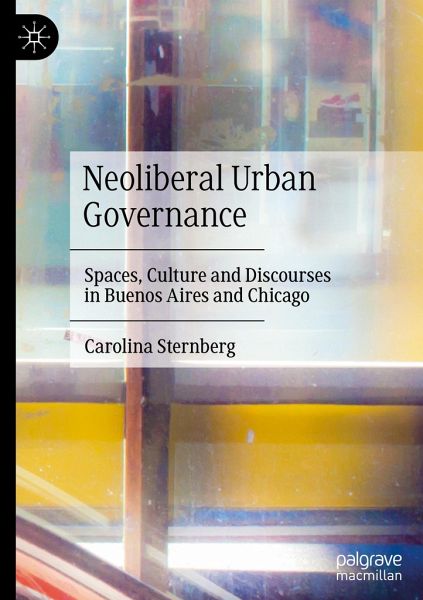
Neoliberal Urban Governance
Spaces, Culture and Discourses in Buenos Aires and Chicago
Versandkostenfrei!
Versandfertig in 6-10 Tagen
98,99 €
inkl. MwSt.
Weitere Ausgaben:

PAYBACK Punkte
49 °P sammeln!
This book examines the dynamics of neoliberal urban governance through a comparative analysis of Buenos Aires and Chicago, with a special focus on gentrification processes in both cities from 2011 to 2021. This work argues that neoliberal principles, rationales and institutions, along with the elaborate rhetoric that has contributed to their success, are forever present in the US and Latin American region, particularly in global cities like Buenos Aires and Chicago. The year of 2011 marks the (almost) simultaneous election of new executive authorities in each city, and finalizes in 2021-a suff...
This book examines the dynamics of neoliberal urban governance through a comparative analysis of Buenos Aires and Chicago, with a special focus on gentrification processes in both cities from 2011 to 2021. This work argues that neoliberal principles, rationales and institutions, along with the elaborate rhetoric that has contributed to their success, are forever present in the US and Latin American region, particularly in global cities like Buenos Aires and Chicago. The year of 2011 marks the (almost) simultaneous election of new executive authorities in each city, and finalizes in 2021-a sufficient time span to observe key patterns, narratives and developments of each neoliberal urban governance.
First, this book chronicles the evolving urban neoliberal policies implemented since 2011 in both cities, with special attention to the systematic reduction of affordable housing and privatization of public land that have paved the way for gentrification to advance at a fast pace.Second, it also exposes readers to the prominent rhetoric crafted by local boards, developers, architects, and real estate agents in both cities. Third, this study chronicles how these contemporary neoliberal urban governances currently operate, a critical aspect that remains vastly unexplored. Lastly, until now these governances have been scantly explored from a comparative perspective in Latin American and North American urban settings, and so this book offers a rich new approach.
First, this book chronicles the evolving urban neoliberal policies implemented since 2011 in both cities, with special attention to the systematic reduction of affordable housing and privatization of public land that have paved the way for gentrification to advance at a fast pace.Second, it also exposes readers to the prominent rhetoric crafted by local boards, developers, architects, and real estate agents in both cities. Third, this study chronicles how these contemporary neoliberal urban governances currently operate, a critical aspect that remains vastly unexplored. Lastly, until now these governances have been scantly explored from a comparative perspective in Latin American and North American urban settings, and so this book offers a rich new approach.





